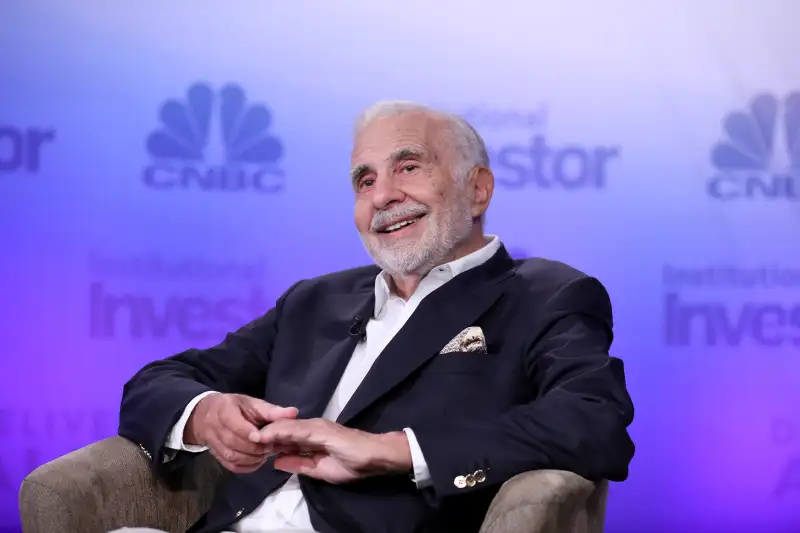Carl Icahn Says He Bought Stocks During Election Night Dip
Money is not a client of any investment adviser featured on this page. The information provided on this page is for educational purposes only and is not intended as investment advice. Money does not offer advisory services.

Billionaire activist investor Carl Icahn told CNBC on Wednesday that he bought stocks in the overnight market on declines and that Donald Trump's U.S. presidential election win was a "step in the right direction" for the U.S. economy.
"I saw that market going down like insanity, and I personally don't believe that Trump is bad for the market necessarily, so I left and went home and I bought a lot of stock in the overnight market," Icahn said.
Icahn said he did not buy more shares of health supplements maker Herbalife overnight, but only said he had bought "the S&P." Icahn owned a roughly 24 percent stake in Herbalife as of Tuesday, according to a Securities and Exchange Commission filing.
Through the night, financial markets reacted violently to the election results and as Democratic candidate Hillary Clinton's path to victory narrowed.
The S&P futures slid 5 percent and hit a limit down, meaning the contract could not trade lower, only sideways or up. Dow Industrials futures briefly fell 800 points.
U.S. stocks rebounded dramatically, however, with the benchmark S&P 500 U.S. stock index last up 0.67 percent.
Icahn, who supported Republican Trump during his campaign, said Trump's victory would bring positive change to the U.S. economy.
"You know I've been very hedged," Icahn said. "Now is the first time that I think that there is a chance for our economy to come out of this."
He said regulatory agencies had "run amok" in many cases, but that some regulation of Wall Street was still needed and that he would not favor a rollback of Dodd-Frank. Dodd-Frank is the 2010 financial regulatory law passed in the aftermath of the 2007-2009 financial crisis.